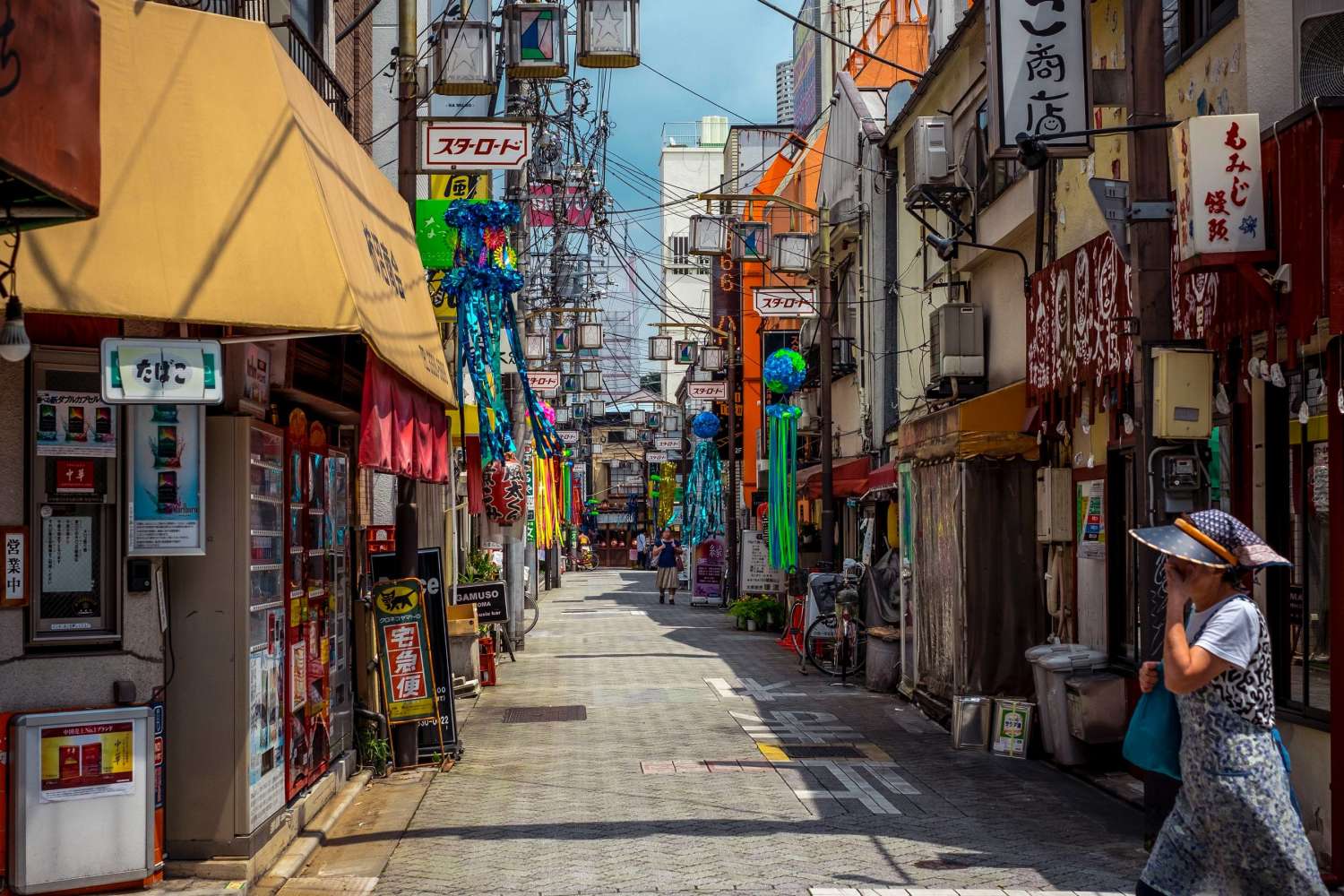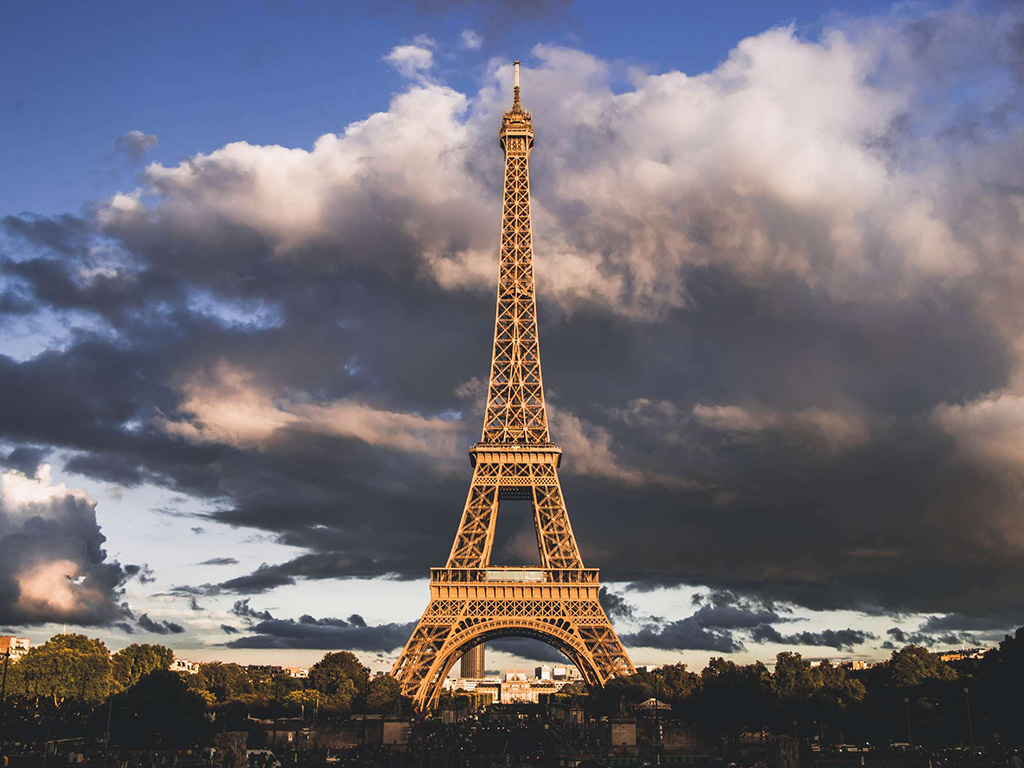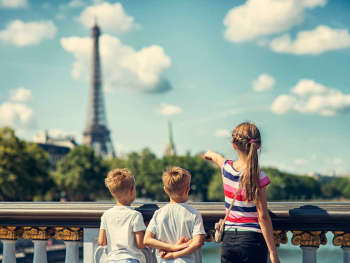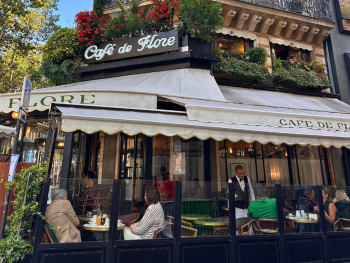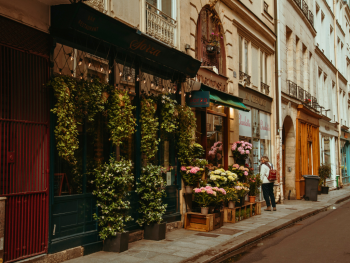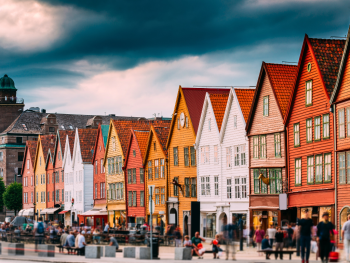Updated May 2024
Having scoured our bookshelves and after asking our expert guides to weigh in on their favorites, we’ve come up with our picks for the 10 best books set in Japan.
1. The Wind-Up Bird Chronicle by Haruki Murakami
Toru Okada is unemployed and passive. One day, his cat runs away and his wife doesn’t come home from work. Venturing out into the world to bring both home, Okada meets one truly odd person after another and finds himself thrust into situations in which the bizarre seems normal and the mundane strange. Our Kyoto expert guide Karin Swanson chose The Wind-up Bird Chronicle “because it doesn’t only focus on a overly-romanticized, exotic image of Japan as earlier novels often did. Rather, it describes a kind of surrealistic fantasy which is set in modern, urban Tokyo. I also thought it very interesting that Murakami was able to integrate war history with a totally unrelated plot, and it never hurts to include a cat as a central character in a book.”
2. Return to Tsugaru by Osamu Dazai
“Great atmospheric autobiographical ramblings about the life of a Bohemian in pre-war and wartime Japan,” make this novel one of Tokyo guide John Tran‘s favorites. The author, whose real name is Shūji Tsushima, is considered to be one of Japan’s premier 20th century fiction writers. He died in 1948, just shy of his 39th birthday, having suffered throughout his life from severe depression and substance abuse.
3. Geisha of Gion by Mineko Iwasaki
When Arthur Golden was writing his critically-acclaimed novel Memoirs of a Geisha, Iwasaki was among several geisha he interviewed. After the book was released, Iwasaki sued Golden for breach of confidentiality and defamation of character, ultimately settling with him. Iwasaki felt that the book was not only an inaccurate depiction of the life of a geisha but unfairly portrayed her. In response to Memoirs of a Geisha, in 2003 Iwasaki released her autobiography, Geisha of Gion (U.S. title Geisha), which moves from her start in Kyoto’s Gion district at age five up, through her retirement at 29, to her present day.
4. Kitchen by Banana Yoshimoto
Mahoko Yoshimoto, who adopted the English name "Banana" from banana flowers, grew up in Tokyo in a liberal family where her father was a poet and her sister a cartoonist. Kitchen, published in 1998, was her debut novel and found immediate success. In it, protagonist Mikage Sakurai sleeps on her kitchen floor, struggling with the death of her grandmother. She soon becomes close with her grandmother’s friend Yuichi Tanabe, who invites her to come stay with him and his transgender mother, Eriko. At the Tabanes’, Sakurai begins cooking and, through food, finds a sense of community.
5. The Woman in the Dunes by Abe Kobo
Kobo is a favorite of both Tokyo guides John Tran and Kyoto guide Andrea de Antoni. John recommends Kobo’s mind-bending The Woman in the Dunes, which he says is “A surreal riff on the myth of Sisyphus [set] in an oppressive Japanese coastal village. [It’s an] exploration of the value of social obligations in post-war Japan.” The book is equal parts bizarre and terrifying; an amateur entomologist, having missed his bus home, spends the night at the bottom of a sand pit where the local villagers intend to keep him. To escape, he and his cellmate, a strange young woman, must continuously shovel back the sand.
6. A Year in Japan by Kate T. Williamson
This beautifully illustrated artist’s diary, done up in bright watercolors, follows sock designer Williamson’s year-long design study in Kyoto. Williamson finds herself fascinated by the uniquely Japanese—the ingenuity of bento boxes, apples wrapped in foam, the patterns on washcloths. A Year in Japan, though deeply personal, is a colorful coffee table book that delightfully captures the many little every day details that can go unnoticed.
7. Battle Royale by Koushun Takami
Referred to by some as “the original Hunger Games,” Battle Royale is set in 1997 but on an alternative timeline, one in which Japan is part of authoritarian state the Republic of Greater East Asia. Takami’s hugely successful book, which was later adapted into a manga series and a film, tells the story of junior high school students who must battle their classmates to the death as part of a government-run program. The last student standing wins a government-funded pension.
8. You Only Live Twice by Ian Fleming
You Only Live Twice is the 12th book in the James Bond series and the last to be published during Fleming’s lifetime. The novel opens eight months after the death of Bond’s wife, Tracy, and he’s a man depressed. After being sent to Japan, the head of the Japanese secret service challenges Bond to kill a man named Dr. Shatterhand. Bond realizes Shatterhand is his archnemesis, supervillain Ernst Stavro Blofeld, who along with his wife Irma was responsible for Tracy’s death.
9. How to Be an American Housewife by Margaret Dilloway
Dilloway’s mother was a Japanese war bride; Dilloway’s father gave his new wife a book called The American Way of Housekeeping. Dilloway’s debut novel is set in the aftermath of WWII. Shoko decides her way out is with an American husband and, much to her brother Taro’s chagrin, she marries GI Charlie Morgan. Shoko and her husband move to America where she has two children, a son, Mike, and a daughter, Sue, with whom her relationship is strained. Her children grown, Shoko longs to reunite with her brother in Japan but she is too ill and instead sends Sue who now has her own teenage daughter.
10. I am a Cat by Natsume Soseki
Told through the perspective of a housecat, this book is a social commentary of middle class life in Japan during the 1920s.
Bonus Reads
Keep adding to your reading collection with the following titles:
- Memoirs of a Geisha
- Strange Weather in Tokyo
- Kafka on the Shore
- The Street of a Thousand Blossoms
- Pachinko
- Shogun
Context tours you'll want to take:
- Tokyo Akihabara Tour: Anime & Manga(Tokyo)
- Asakusa Tour: Edo History and Senso-ji Temple (Tokyo)
- Geisha District Night Tour: Exploring Gion (Kyoto)
- Introduction to Kyoto Tour with Nijo Castle and the Imperial Palace
- Introduction to Osaka Tour
